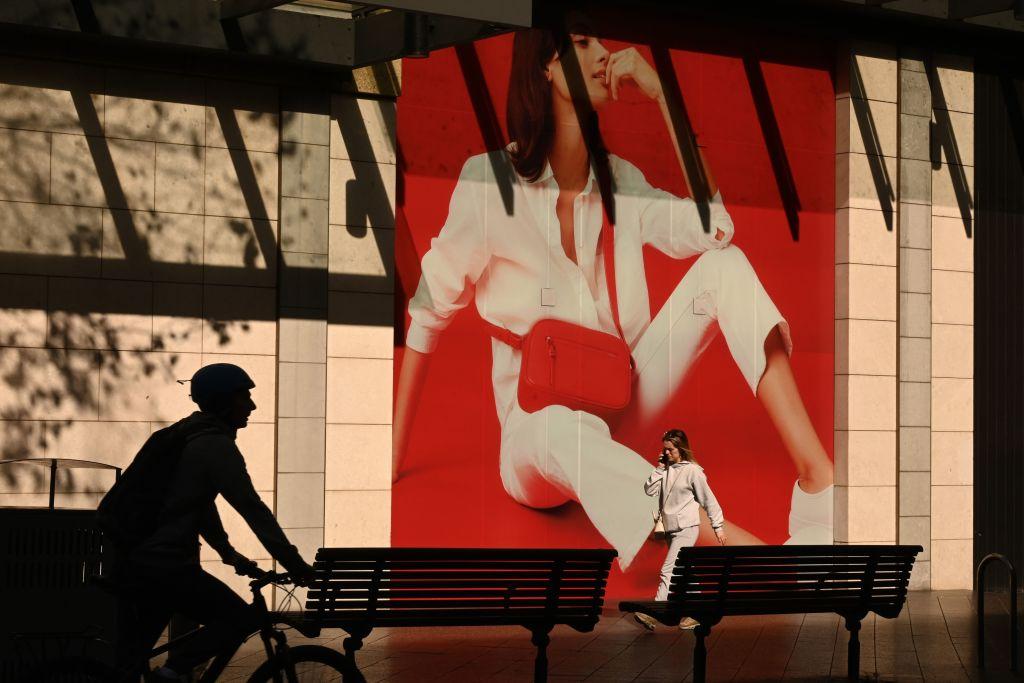Advertising critical of China or the Chinese Communist Party (CCP) could be barred from running on any billboards in Australia, according to a recording by Senate candidate and student-activist Drew Pavlou.
In a recording posted on Pavlou’s Twitter account, an advertising representative explained why his billboard company was turning down an AU$3,000 (US$2,152) campaign—featuring the works of dissident artist Badiucao, who is critical of the Beijing Winter Olympics.





